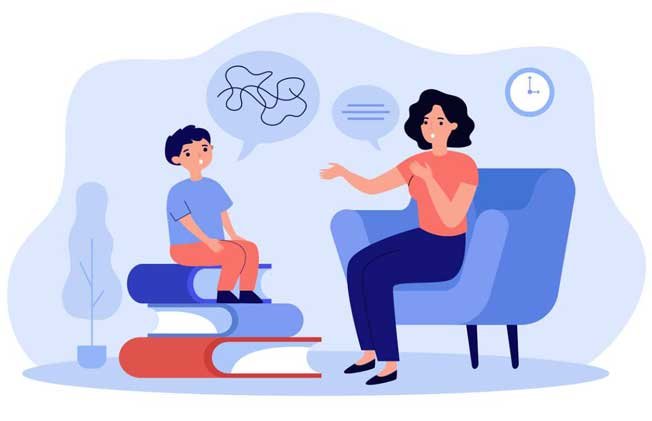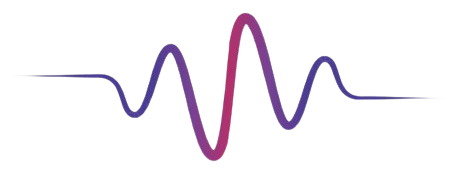
Why Seek Professional Counseling for OCD?
Many individuals with OCD struggle in silence, believing they must learn to live with their intrusive thoughts and compulsions. However, expert counseling can provide essential support and significantly reduce symptoms. Seeking professional help ensures:
- Structured coping strategies to manage obsessive thoughts and compulsive behaviors.
- Improvement in daily functioning and social relationships.
- Reduction in distress and anxiety associated with OCD.
- Guidance from skilled mental health specialists to regain control over your life.
If OCD is interfering with your quality of life, consulting a mental health professional can be the first step toward lasting relief.








